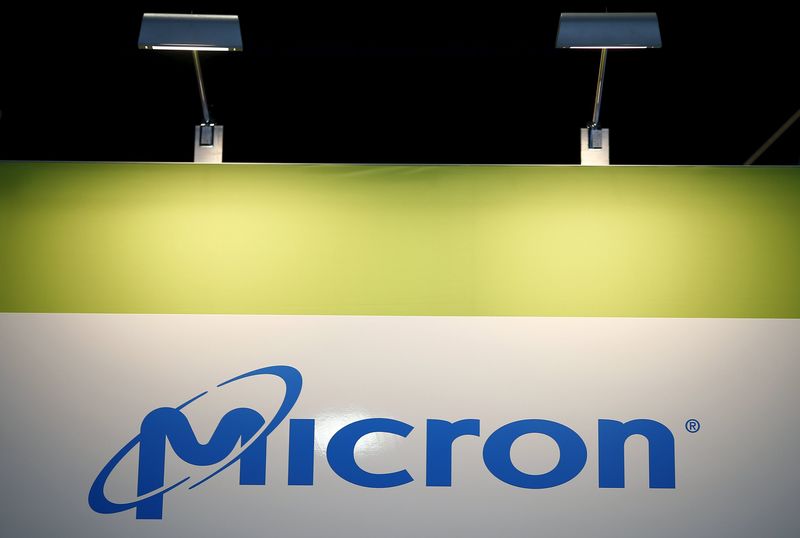By Andrea Shalal
WASHINGTON (Reuters) - Republican U.S. Senator John McCain on Wednesday raised concerns about the potential national security implications of a proposed bid by China's Tsinghua Unigroup Ltd's [TSHUAA.UL] to acquire U.S. chip maker Micron Technology Inc (NASDAQ:MU), and called for a thorough U.S. review.
"I am concerned by the potential national security implications of a planned bid by a Chinese state-owned enterprise for Micron Technology, the last major American manufacturer of memory chips," the head of the Senate Armed Services Committee said in response to a query from Reuters.
"It is critical that any proposed takeover receive careful and thorough review by the Congress, the Department of Defense, and other U.S. government agencies," he said.
The proposed deal, first reported by Reuters this week, faces a series of obstacles, including questions about the price, worries on Capitol Hill and an aggressive regulator.
Sources said Tsinghua was preparing a bid for Micron but had not officially submitted it.
Micron's potential sale to Tsinghua has triggered concerns among U.S. lawmakers given modern weapons' enormous dependence on computer chips. The possible deal also comes amid concerns over U.S. cyberattacks tied to Chinese hackers.
Air Force Secretary Deborah James, speaking at a lunch hosted by the National Aeronautic Association, had no immediate comment on the proposed Micron takeover, but said any deal involving a foreign entity and a U.S. weapons maker would get a "very, very thorough review" by U.S. government agencies.
Anne Salladin, special counsel at Stroock & Stroock & Lavan, a New York-based law firm, said any deal would receive rigorous scrutiny from the Committee on Foreign Investment in the United States, an inter-agency which reviews mergers to ensure they do not compromise national security.
Salladin, a former senior counsel at the U.S. Treasury who participated in over 500 transactions reviewed by CFIUS, said a review of the Micron deal would look closely at issues such as capacity, supply chain, and the extent to which Micron memory chips are commoditized.

"Make no bones about it – any deal of this kind would face rigorous scrutiny by CFIUS on national security grounds," Salladin said. "The bottom line is - is the product that Micron makes still strategically relevant to the United States?"